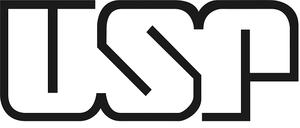
Cargando...
What can I do?
226539 materialEducativo
textoFiltroFichatipo de documento Wikipedia article University Link to wikipedia article
About this resource...

Exclusive content for members of

Mira un ejemplo de lo que te pierdes
Categories:
Tags:
Fecha publicación: 26.9.2014
Add to Didactalia Arrastra el botón a la barra de marcadores del navegador y comparte tus contenidos preferidos. Más info...
Comment
0